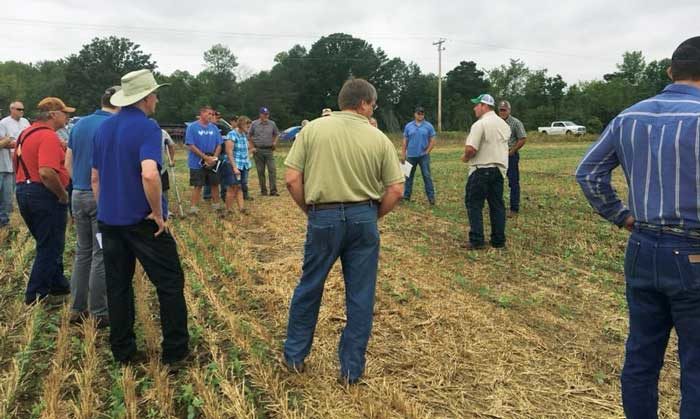No-Till Farmer
Get full access NOW to the most comprehensive, powerful and easy-to-use online resource for no-tillage practices. Just one good idea will pay for your subscription hundreds of times over.

PEER TO PEER. Farmer-led groups have become popular amongst Wisconsin growers. They offer great networking and educational opportunities throughout the year, and often have cost-share programs available to members interested in trying new conservation practices.
Wisconsin no-tillers John Eron and Matt Hintz didn’t wait for regulations telling them how to farm. They started farmer-led watershed groups to deal directly with local environmental issues and the groups that raised them, not as adversaries, but as advocates. They opened their farm gates to other farmers and non-farmers for field days, sought state grants to run trials of farm-based solutions to the problems and promoted the results.
While their efforts are paying off in their communities and on their farms in ways they never expected, Rebecca Power, director of NCRWN (North Central Region Water Network, a 12-state collaboration of University Extension educators) says more is needed to support and promote these farmer-led efforts.
“Many of our 12 states have active farmer-led groups focused around watersheds and water quality concerns,” says Power. “We look at how farmers are leading, how they come at it from a farming perspective and what support they need.”
Based on interviews and experience, NCRWN developed a three-module training and peer conversation starter for farmers to use when considering starting a local watershed group.
It identified different types of leadership that can help a farmer-led group be successful, including engaging in peer-to-peer sharing of information about farming practices; serving as consultants on advisory boards and committees; decision making on watershed projects, goals and strategies; and leading by example.
Eron, a no-tiller from the central Wisconsin town of Stevens Point, says these are all important. A co-founder of a local watershed group, Farmers of…